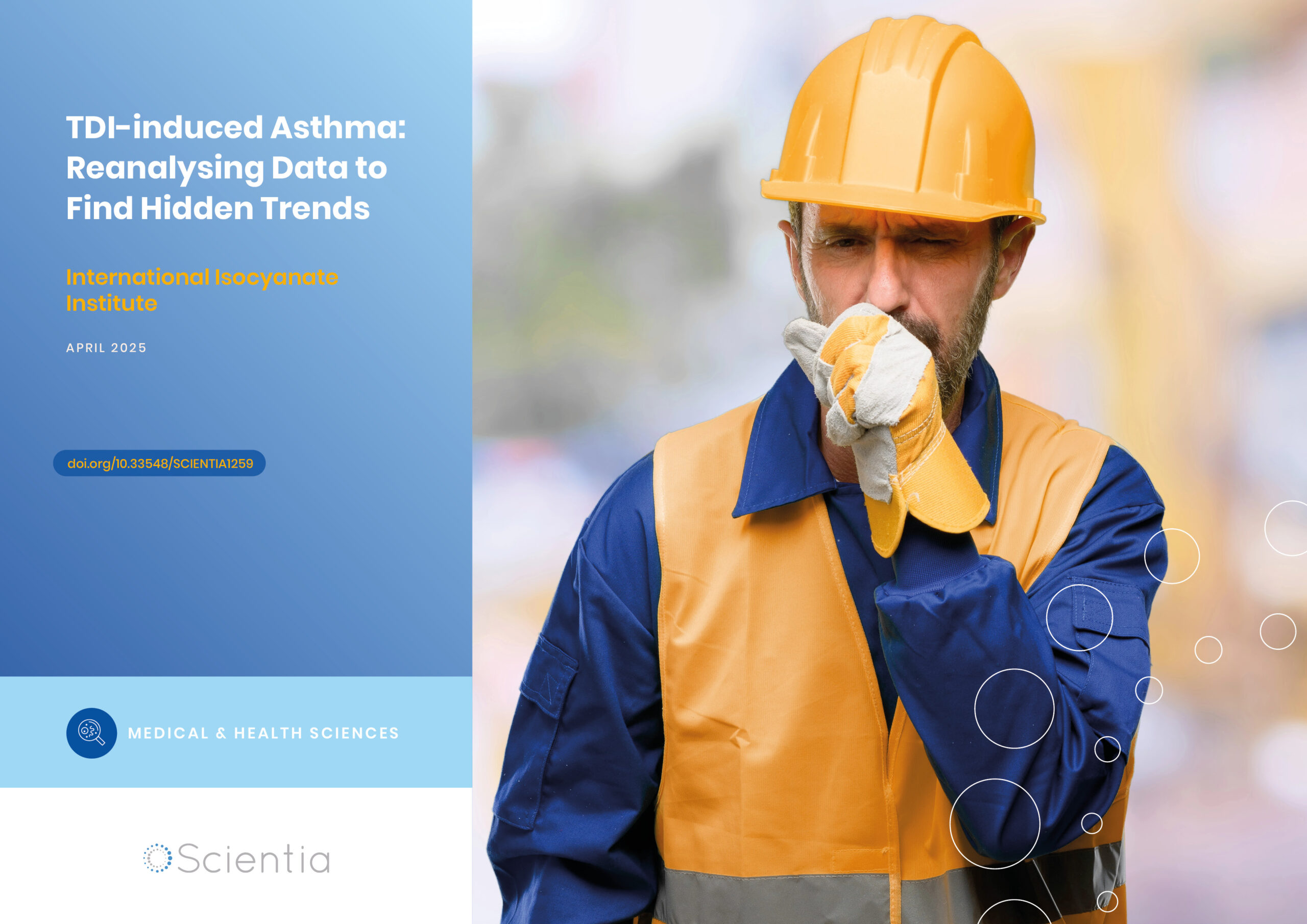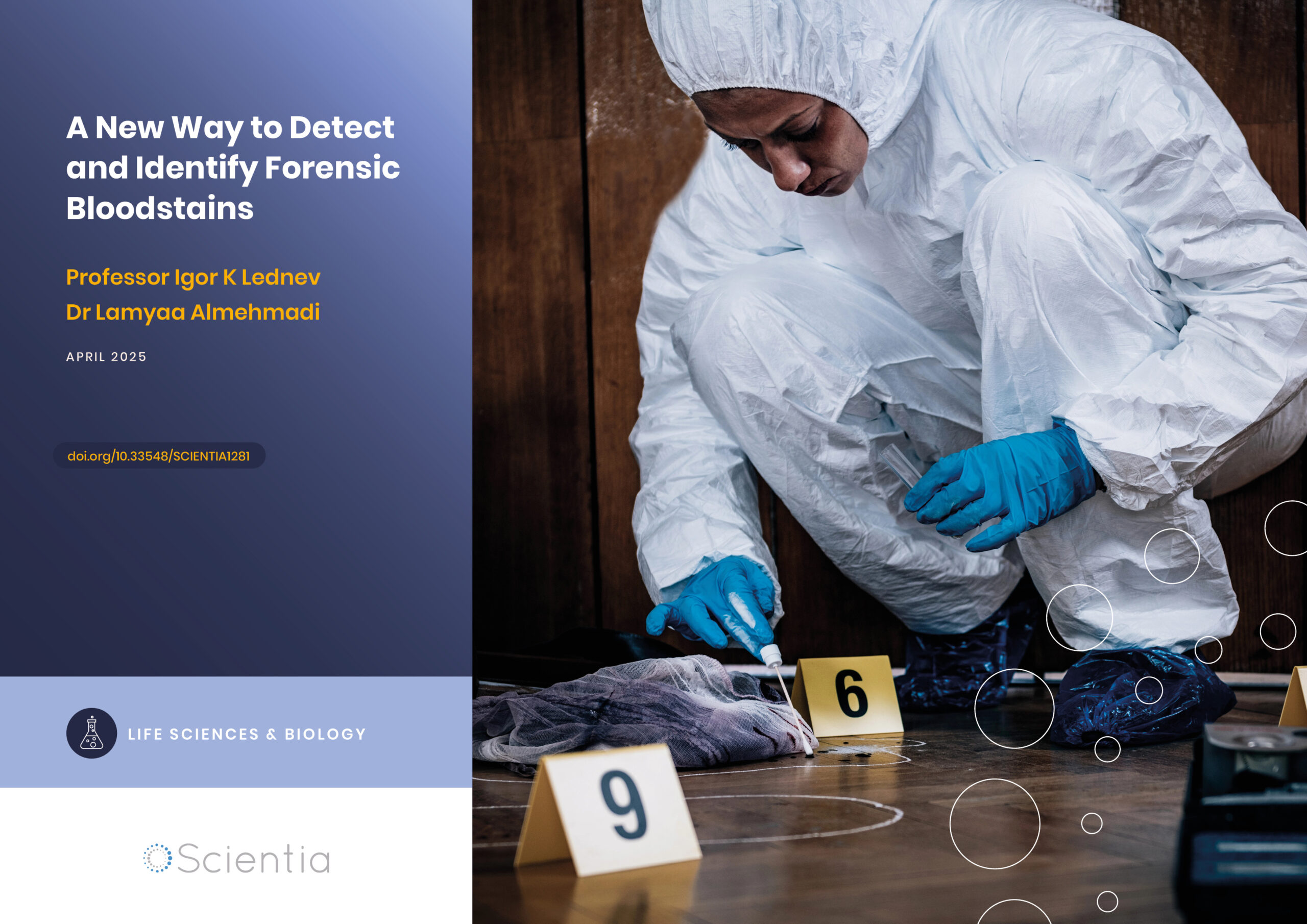UK Biobank
 UK Biobank is a large-scale biomedical database and research resource containing genetic, lifestyle and health information from half a million UK participants. The database, which is regularly augmented with additional data, is globally accessible to approved researchers and scientists undertaking vital research into the most common and life-threatening diseases. UK Biobank’s research resource is a major contributor to the advancement of modern medicine and treatment and has enabled several scientific discoveries that improve human health. In this exclusive interview, we speak with Professor Sir Rory Collins FMedSci FRS, Principal Investigator and Chief Executive of UK Biobank, to hear about the achievements to date and the ambitious and unique potential of this exciting project.
UK Biobank is a large-scale biomedical database and research resource containing genetic, lifestyle and health information from half a million UK participants. The database, which is regularly augmented with additional data, is globally accessible to approved researchers and scientists undertaking vital research into the most common and life-threatening diseases. UK Biobank’s research resource is a major contributor to the advancement of modern medicine and treatment and has enabled several scientific discoveries that improve human health. In this exclusive interview, we speak with Professor Sir Rory Collins FMedSci FRS, Principal Investigator and Chief Executive of UK Biobank, to hear about the achievements to date and the ambitious and unique potential of this exciting project.
To begin, please tell us how UK Biobank came to fruition.
Understanding the factors that influence the onset and trajectory of common life-threatening and disabling conditions presents a critical challenge to medical science. Prospective cohort studies allow the study of individuals over a period of time, and can assess the exposure of individuals to risk factors before the onset and treatment of disease. The UK Medical Research Council and Wellcome Trust decided that they would fund a large prospective cohort at the turn of the century, and after a lot of discussion about what might be done and how it might be done, I was asked in 2005 to deliver the project.

The Lancet kit UK Biobank are using in the COVID sero-prevalence study. Credit UK Biobank
As Principal Investigator and Chief Executive, what are the aims of UK Biobank and how do you envision these aims will be achieved?
The aims are to allow as many researchers globally as possible to apply their expertise and imagination to the de-identified data from the 500,000 altruistic volunteers in as many different ways as possible in order to generate as much knowledge as possible about the causes of many different conditions, with the ultimate aim being to discover ways to prevent and treat those conditions better.
Around 500,000 volunteers have enrolled in the project – what data are being collected from volunteers and how is all this information being used?
At the baseline assessment, all volunteers completed a wide range of measures to ascertain their sociodemographic background, family history and early life exposures, psychosocial and environmental histories, and they also completed in-depth measures of their physical, health and cognitive function. Extensive phenotypic and genotypic information is being collected, including further data obtained from questionnaires, physical measures, sample assays, accelerometry, multimodal imaging, genome-wide genotyping and follow-up assessments conducted over the course of the project for a wide range of health-related outcomes.

High technology blood sample processing. Credit UK Biobank.
What opportunities are available for researchers through UK Biobank?
Uniquely, all of the data (and, indeed, assays of samples) are available to all bona fide researchers (both academic and commercial) worldwide without preferential access for all types of health-related research that is in the public interest. Researchers who fund the enhancement of the resource (e.g., assays of samples) may be given up to a 9-month exclusive access period to use the data that they have generated before those data are made available to all other researchers.
UK Biobank has already led to a wealth of publications in prestigious scientific journals. What do you consider to be UK Biobank’s most important findings to date?
The 500,000 participants were only recruited between 2006 and 2010 and, given that a prospective cohort requires long-term follow-up of health outcomes, the most important findings from UK Biobank will really only emerge over the next 5 to 10 years. Having said that, one important ‘finding’ is that the large investment in UK Biobank made by the Medical Research Council and Wellcome Trust (and others) is already starting to produce dividends in terms of the amount of research that can be conducted rapidly and efficiently by making a very large and very deeply characterised dataset freely available to lots of researchers (as illustrated by the numbers of publications and, increasingly, by their scientific importance). This is a testament to the vision of the funders to invest for the long term and to the altruism of the 500,000 people who volunteered to contribute their information to the resource.

Credit UK Biobank.
The project is, of course, made possible by the individuals who have volunteered to take part. How are the key findings and implications for health communicated to the general public?
Participants are informed regularly about the progress of the study (and, particularly, about major initiatives), as well as being invited to participate in additional assessments (such as the ongoing project to image 100,000 of the participants which is now half-way completed). They are also encouraged to review detailed updates on UK Biobank’s website, which are also available to other members of the public. Individual researchers who generate findings based on UK Biobank also put out their own press releases, which are often picked up by the news media.
In the midst of the current pandemic, a better understanding of health and disease is at the forefront of scientific as well as political agendas. What can UK Biobank offer to the COVID-19 response?
The first thing that we did was to put in place much more frequent updates from health record systems on health outcomes occurring among participants, and extended it to access to primary care records for the first time under emergency legal arrangements specifically for COVID-related research, and fast-tracked approval to use the data for such research. Findings about COVID-19 based on these data are already starting to emerge which we hope will help in its control.
At the request of the Wellcome Trust and UK Government, we have recruited about 10,000 of the volunteers, and extended recruitment to a similar number of their children and grandchildren aged over 18 (in order to include people aged less than 50 years), into a study to track the prevalence of previous infection with SARS-CoV-2 (based on a laboratory test for antibodies) throughout the second half of 2020 in different groups within the UK (e.g., different parts of the country, and in people of different age, gender, ethnicity, and socioeconomic status). The results of that study are being made publicly available, as well as being provided to the Government to help guide policy.

The vast UK Biobank freezer in Stockport is so large that several double decker buses could fit in it. Credit UK Biobank.
To conclude, if we may, with some personal reflection, what lessons do you feel we may learn from the COVID-19 pandemic in terms of healthcare in the coming decades?
Let reliable evidence really drive the strategies for the prevention of adverse health outcomes, whether that is due to infectious diseases or chronic diseases (e.g., the pandemic, increasingly in the poorer countries of the world, of tobacco-related deaths and disability that is largely ignored by the media…partly because tobacco is not ‘new’ and partly because the problem is moving away from the richer countries).
W: https://www.ukbiobank.ac.uk/
Twitter: @uk_biobank

Reference
https://doi.org/10.33548/SCIENTIA585
Want to republish our articles?
We encourage all formats of sharing and republishing of our articles. Whether you want to host on your website, publication or blog, we welcome this. Find out more
Creative Commons Licence
(CC BY 4.0)
This work is licensed under a Creative Commons Attribution 4.0 International License. 
What does this mean?
Share: You can copy and redistribute the material in any medium or format
Adapt: You can change, and build upon the material for any purpose, even commercially.
Credit: You must give appropriate credit, provide a link to the license, and indicate if changes were made.
More articles you may like
International Isocyanate Institute | TDI-induced Asthma: Reanalysing Data to Find Hidden Trends
Even if you’ve never heard of them, you’ve used polyurethanes. Producing them requires toluene diisocyanates, which may/can induce asthma when inhaled. A 5-year study claimed to conclude that cumulative TDI exposure over time was indicative of asthma incidence. However, a reanalysis by a team at the International Isocyanate Institute points the finger instead at the frequency of unprotected high-exposure events, like accidental spills or plant maintenance. This finding guides the way for future advances in worker safety.
A New Way to Detect and Identify Forensic Bloodstains
Accurately identifying bodily fluids at crime scenes is vital to aid forensic examinations and obtain information for use in criminal proceedings. However, collecting viable material for analysis can be challenging, especially if samples are difficult to access or the amount is minute. Dr Lamyaa Almehmadi and Professor Igor K Lednev at the University at Albany, State University of New York, USA, have introduced a new technique to assist in analysing bloodstains for forensic examination without compromising sample integrity.
Advanced Air Mobility National Campaign: Bridging the Gap
The rapid advancements in technology have paved the way for revolutionary changes in transportation, particularly air mobility. One such groundbreaking initiative is the Advanced Air Mobility (AAM) National Campaign led by NASA. This campaign aims to integrate advanced air mobility solutions into the existing transportation infrastructure, creating a seamless, efficient, and safe urban air transportation system. By addressing the various challenges associated with urban air mobility, the AAM National Campaign is poised to redefine how we navigate our cities, ultimately leading to reduced congestion, improved accessibility, and enhanced environmental sustainability.
Dr Niloofar Vardian | Mapping the Unknown: Inside Black Holes
Dr Niloofar Vardian at the SISSA school has advanced our understanding of black hole interiors through precise mathematical modelling. Her recent publication sheds light on previously inaccessible aspects of black hole dynamics, deepening our knowledge of these mysterious and difficult-to-study phenomena.




